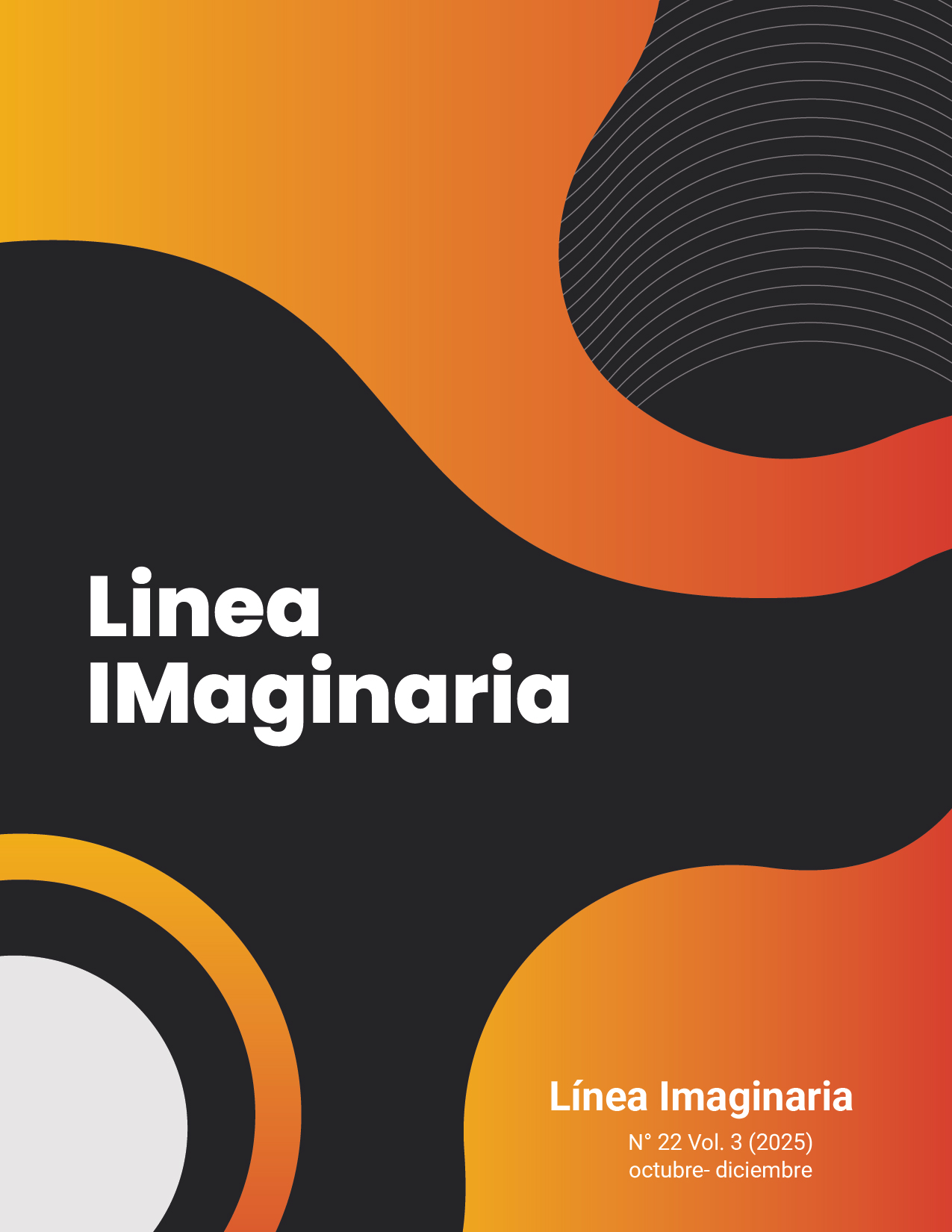PEDAGOGICAL LEADERSHIP FROM THE DIMENSIONS OF BEING: AN ANALYSIS FOR THE ACADEMIC AND PERSONAL SUCCESS OF PRIMARY EDUCATION STUDENTS
DOI:
https://doi.org/10.56219/lneaimaginaria.v3i22.4668Keywords:
Dimensions, Education, Motivation, Vocation, Pedagogical LeadershipAbstract
Throughout history, and since its very beginning, teaching has been a true challenge, requiring permanent leadership positions, given the enormous social responsibility involved not only in teaching or imparting knowledge, but also in assuming well-founded roles, from a position of true pedagogical leadership towards learners. Human beings, and even more so today, need to be provided with formative, ethical, emotional, and sensitive tools that take into account all other dimensions of their being. Educational paradigms have evolved as the world has evolved, and in that sense, the didactic task, which is otherwise a titanic one, should be responsible, along with other social strata, for preparing children so that, throughout their school life, in addition to learning, they develop as true leaders, through connection with their family environment and their teachers, who are responsible for guiding the paths of the little ones. In this documentary research, with a qualitative approach, we will explore various perspectives, both national and international, which will allow us to analyze these approaches and reach conclusions about the importance of training, maintaining, and developing leaders from an early age and in primary education, preparing them to face an increasingly demanding society eager to find new and better leaders.
Downloads
References
Branson, C.M. (2010). Leading Educational Change Wisely. The Nederlands: Sense Publishers
Elmore, R.F. (2010). Mejorando la escuela desde la sala de clases. Santiago de Chile: Fundación Chile
Espinoza, C. G. O., Castillo, D. C., Laso, A. L. D. R. O., & Guaraca, M. P. O. (2020). Liderazgo directivo y desempeño docente: Abordaje desde el ámbito legal ecuatoriano. Journal of business and entrepreneurial studies: JBES, 4(1), 21.
Freire, P. (1997). Pedagogía del oprimido (30.ª ed.). Siglo XXI Editores.
Gento Palacios, S., González-Fernández, R., & Silfa Sención, H. O. (2020). Dimensión afectiva del liderazgo pedagógico del docente. Revista complutense de educación, 31(4).
Haro Pontón, L. E. (2021). Trabajo con la zona de desarrollo próximo en el proceso enseñanza-aprendizaje. https://www.unir.net/revista/educacion/andamiaje-bruner-vigotsky/
Mora Miranda, N., Martínez-Otero Pérez, V., Santander Trigo, S., & Gaeta González, M. L. (2022). Inteligencia emocional en la formación del profesorado de educación infantil y primaria. Perspectiva Educacional, 61(1), 53-77.
Morin, E. (1999). Los siete saberes necesarios para la educación del futuro. NESCO.
Mulford, B. (2006). Liderazgo para mejorar la calidad de la educación secundaria. Revista de currículum y formación del profesorado. Recuperado de http://www.ugr.es/~recfpro/rev101ART2.pdf Rojas, E. (1998). El hombre light. Una vida sin valores.
York-Barr, J. y Duke, K. (2004). «What do we know about teacher leadership? Findings from two decades of scholarship». Review of Educational Research, 74 (3), 255-316.
Downloads
Published
How to Cite
Issue
Section
License

This work is licensed under a Creative Commons Attribution-NonCommercial-ShareAlike 4.0 International License.
La revista Línea Imaginaria conserva los derechos patrimoniales (copyright) de las obras publicadas, que favorece y permite la reutilización de los mismos bajo la licencia Creative Commons Atribución-NoComercial-CompartirIgual 4.0 , por lo cual se pueden copiar, usar, difundir, transmitir y exponer públicamente, siempre que se cite la autoría y fuente original de su publicación (revista, editorial, URL y DOI de la obra), no se usen para fines comerciales u onerosos y se mencione la existencia y especificaciones de esta licencia de uso. Si remezcla, transforma o crea a partir del material, debe distribuir su contribución bajo la misma licencia del original.













